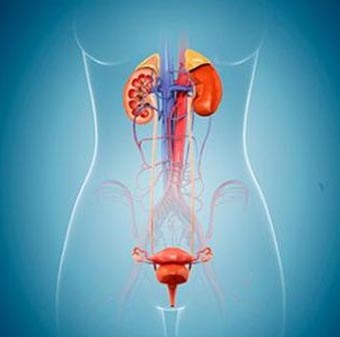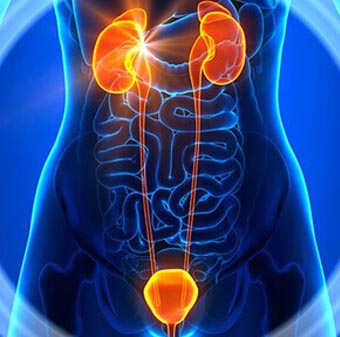

Reconstructive urology is a surgical procedure used to restore the normal functioning of the urinary system. Patients may need reconstructive urology to repair birth defects, injuries, medical conditions, or due to complications from other treatments. Reconstructive urology can restore both urinary and sexual functioning.
Why Do I Need Reconstructive Urology Surgery?
A reconstructive urology surgery can be performed in the following cases:
- - If you had an injury to the urinary tract or genital organs
- - Radiation therapy for cancer treatment has impacted the functioning of your urinary tract
- - If you have diseases such as Peyronie’s disease or buried penis, which can affect your genitals
- - To treat cancer where your entire or part of the urinary tract needs to be removed
- - If you have certain diseases that affect your urinary tract functioning such as spina bifida, Parkinson’s disease, etc.
- - Stricture or narrowing of urinary passage
- - Incontinence of urine
How Does Reconstructive Urology Help?
Just like other cancers bladder cancer also develops in stages. However, it is mostly identified in the early stages. Different stages require different treatments. Depending upon your stage of cancer one or more of the following treatments is provided at our centre.
Individualized Treatment Plans: Every case needing reconstructive surgery is unique and needs a tailored treatment plan. Urologists assess each patient’s unique condition and develop tailored treatment plans. They may also need to collaborate with other specialists when necessary to provide comprehensive care.
Minimally Invasive Techniques: Whenever possible, minimally invasive surgical techniques are utilized to minimize discomfort and recovery time. This involves fewer chances of infections and complications as well.
Emotional Support: Recognizing the emotional impact of urological conditions, the reconstructive urology department also offers support and counseling for patients and their families to help them adjust well to the new-found way of life and guide them on how to recover in the best possible way.
